Subscribe to Our Newsletter
Stay updated with the latest tips and strategies. Get additional discounts and alerts on offers.
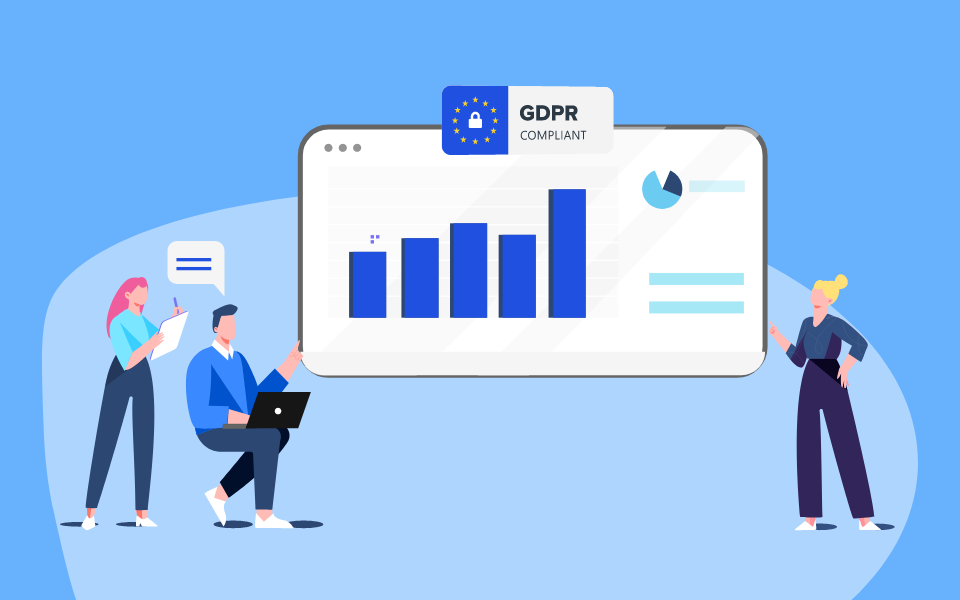
Implemented on the 25th of May, 2018, the GDPR has left many sales representatives and their teams in chaos. The questions raised were all-around cold outreach to approach the B2B targets. What about opting for B2B data? How to go about it under the GDPR?
So, here is the answer. Yes, even under the GDPR, you can reach out to prospective leads using outbound strategies like cold emails and calls. All you need to adapt to are the new rules and processes that the GDPR has come up with in B2B data usage and cold outreach.
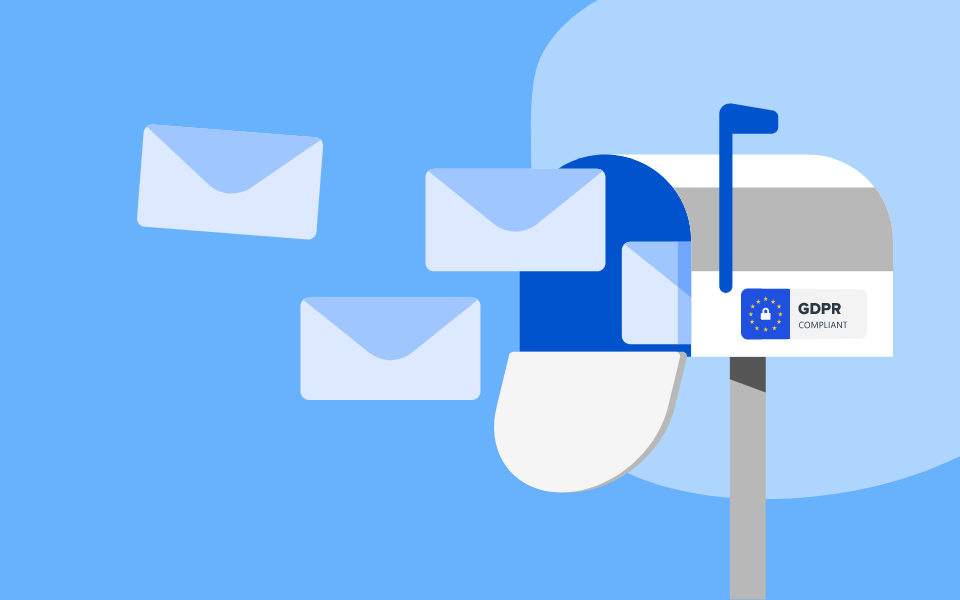
For more insightful details, keep reading through!
To define GDPR, the General Data Protection Regulation (GDPR) regulates EU law on data protection and privacy in the European Union and the European Economic Area. Under the GDPR, an individual has:
Every individual can request to access their data and ask how the company is using their data. The company has to provide a copy of the personal data, free of charge, and electronic format if requested.
Suppose a consumer is no longer customer, or if they are showing their consent to withdraw their data from a company, they have the right to have their data deleted.
Every individual has a right to transfer their data from one service provider to another. And this should happen in a commonly used and machine-readable format.
Every individual ought to be informed before their data is gathered. For the data to be collected, a consumer must opt-in or, in other words, give their consent.
Individuals can have their data updated if the stored data is outdated or incorrect.
An individual can limit a company from using the data for processing. Their record can remain in place but can’t be used.
It is about the right of individuals to stop the processing of their data for direct marketing. And this right should be made clear to individuals at the very start of any communication. There is no exemption for any in the case of this right.
In case of a data breach, the individual must be informed within 72 hours.
Now that you are aware of what is GDPR and its fundamental right for an individual, the question is, “does the GDPR affect B2B data?”
Yes, the GDPR makes a difference in the way you use B2B data. You need to make sure that you’re using it in GDPR compliant way.
It is meant to protect the privacy of individuals within the EU, including the people working within companies
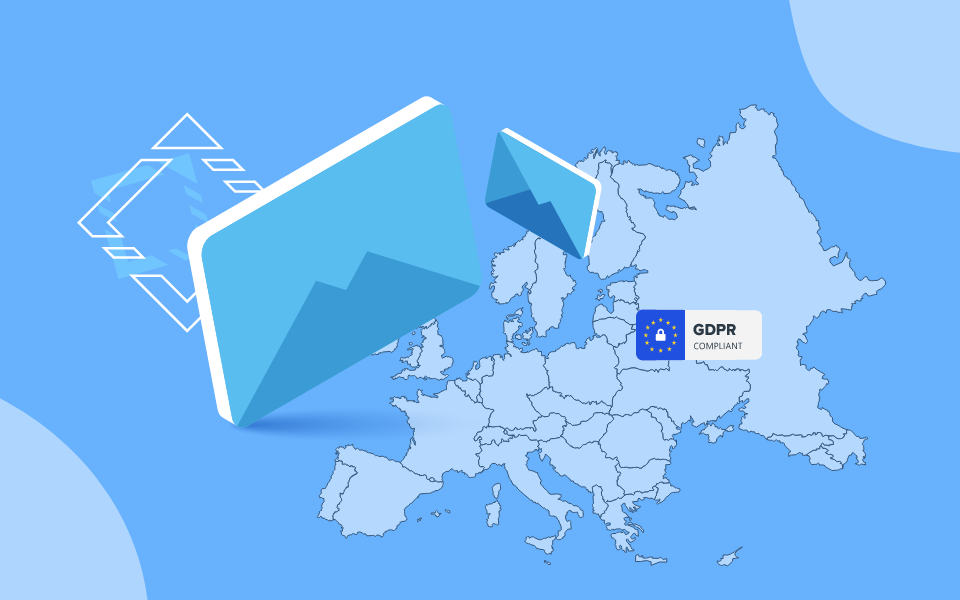
You should be handling the personal data with extra care! Personal data includes

Ensure your sales process is GDPR compliant to find excellent and potential prospects.
The GDPR doesn’t mean you no longer can use B2B data. You need to treat the personal data you’re using carefully, ensuring your entire process is GDPR compliant.
Consider the mentioned questions to make sure you’re following the best practices using B2B data.
If you’re not contacting anyone located within the EU, you don’t need to think about the GDPR. Make sure you follow CAN-SPAM and CASL compliance. On the other hand, if you’re contacting anyone located in the EU, you must be GDPR compliant. It applies to you even if your business isn’t based in the EU. There are certain limitations about who you can contact. If you sell to other businesses, there wouldn’t be any major issues. But if you’re selling or planning to sell to sole traders or partnerships, there are specific other rules to concentrate on.
‘Where do you source your B2B data from? ‘ plays a significant role here. Make sure you’re doing it the right way.
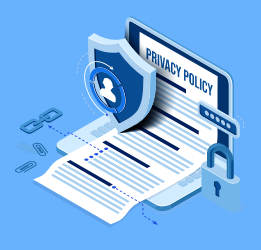
The GDPR has affected companies with an online presence. But the regulations are also applicable to companies that have no digital presence. In case the business has collected the customer data in person and processed it for marketing purposes. With GDPR, marketers need to be extremely careful about the way they plan campaigns or contact them using marketing emails, SMS, or direct mail. The personal data here might have been collected by themselves or obtained through a third party.
The GDPR is highly important for B2B marketing. If you oppose or do not obey the law, you could be fined up to 4% of your annual global turnover or €20 million – whichever is greater. This has greater chances of putting you out of your business and ruining your reputation. To keep it clean and clear and beneficial to your business and your customers, refine your marketing data regularly. Keep your customers happy to churn out greater returns.
Diving deep into learning about the differences between Business to Business (B2B) and Business to Customer (B2C) under the GDPR:
B2B
No specific consent is required when processing business data.
You’re allowed to send marketing emails to business email addresses without specific consent, provided a legitimate interest.
If active consent is not given, then you must not retain their information.
B2C
Consent is required while processing personal data.
Sole traders and some partnerships fall into this category and should be treated as B2C.
If active consent is not given, then you must not retain their information.
Map all personal data collected and keep a clean record of where the data comes from and who has access to it.
Focus on storing the necessary data only. Don’t waste your efforts in saving needless information that you aren’t going to use. Consider the data elements that are useful for your business while collecting and storing personal data.
Conduct a clean-up process, ask yourself:
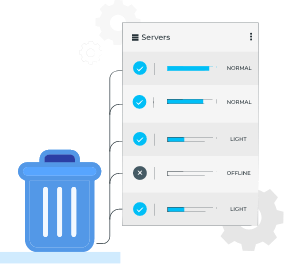
It would be best if you safeguarded your infrastructure throughout. This secures data against data breaches and allows to take quick action when a breach occurs.
Individuals need to give their consent for the processing of their data under the GDPR. You will have to review all your privacy statements and adjust accordingly.
Installing all the eight fundamental rights mentioned earlier in the article, you need to develop and implement policies and procedures to handle several situations.
For example, some of them could be:

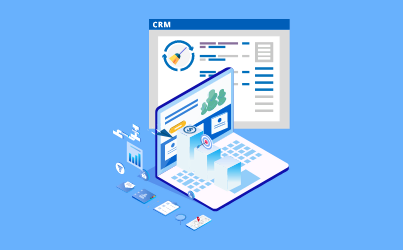
The GDPR is in no way stopping you from using B2B data. It boosts and enables your sales team to concentrate on your ideal and potential customers. We’d highly recommend you talk with a legal professional if you face any issues about your B2B data usage under the GDPR. We hope you find this blog post informative. Tell us about your thoughts in the comment section below!
Show Some Love!

Subscribe to Our Newsletter
Stay updated with the latest tips and strategies. Get additional discounts and alerts on offers.
Related Articles
Subscribe to Newsletter
Stay up to date with the latest marketing, sales, and service tips and news.
